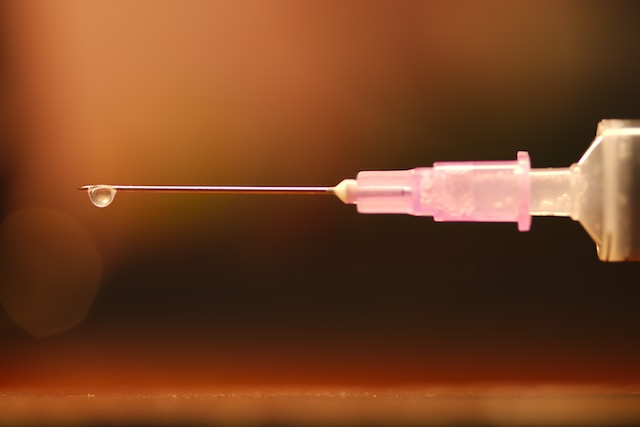Antimicrobial resistance (AMR) continues to raise concerns among the medical and scientific community. But, AMR could be combatted in part with vaccines, said experts during an August 29 Centers for Disease Control and Prevention (CDC) webinar.
Let’s look at the state of the crisis—and how vaccines could help us address the growing scourge of AMR.
The state of the AMR crisis
In 2019, AMR claimed the lives of at least 1.27 million people globally and was associated with nearly 5 million deaths, according to CDC data.
“The AMR crisis intensified during the pandemic as hospitals filled up with patients fighting COVID-19. The pandemic significantly impacted the progress our healthcare system was making to address AMR. According to a CDC report, deaths from hospital-onset superbugs increased by an average of 15% in 2020 alone, with certain resistant infections experiencing rises of over 70%, compared to decreases in previous years. This reversed progress made in 2012-2017 to lower U.S. deaths from AMR,” as Emily Wheeler, Director of Infectious Disease Policy at the Biotechnology Innovation Organization (BIO), has previously written.
According to a recent survey of physicians, some of the main drivers of growing AMR include overuse and/or misuse of antibiotics (88%), the ability to develop new drugs to treat infections (81%), people not getting vaccinated (74%), and people not finishing their complete course of antibiotics (49%).
AMR vaccines show results and promise
But vaccines show promise as a complementary tool in addressing AMR and helping to prevent future drug-resistant outbreaks.
One example is the pneumococcal conjugate vaccine (PCV), designed to protect against bacteria causing pneumococcal disease. The use of PCV vaccines has had a major impact on the decrease of antibiotic-resistant strains, such as pneumococcal meningitis, by 84%, said Dr. Kristin Andrejko, Epidemiologist at the Division of Bacterial Diseases at the CDC, speaking during the webinar.
Dr. Andrejko further noted that by adding PCV to routine vaccination schedules, the number of antibiotic prescriptions in the U.S. dropped by 18% in the period from 2000-2010.
According to Dr. Yonatan Grad, Associate Professor of Immunology and Infectious Diseases at Harvard, AMR is a global phenomenon affecting everyone. Dr. Grad and his lab have been studying AMR in relation to Neisseria gonorrhoeae (the bacterium that causes gonorrhea). The team found that the bacteria is becoming more resistant to ciprofloxacin, one treatment option for the sexually transmitted infection.
And while a gonorrhea vaccine is yet to be developed, Dr. Grad says that implementing Meningococcal conjugate or MenACWY vaccines might also help, as the two bacteria come from the same genus—Neisseria. If this method proves to be successful, it could reduce the need for antibiotic treatments.
Pushing for progress through better policies
But more vaccines are needed in the pipeline. And although progress on AMR was significantly reversed during the pandemic, the CDC is still looking for ways to drive the development of new vaccines and therapeutics by collecting data and monitoring AMR.
According to the panelists, there are plenty of reasons to remain optimistic, but adopting novel strategies both domestically and internationally will require more funding and better policies.
One potential tool to raise the profile of AMR and the need to address it could be adopting national action plans, following the World Health Organization’s (WHO) model presented at the World Health Assembly 2015, said Dr. Ramanan Laxminarayan, Founder and Director of One Health Trust, a public health research organization, producing independent research on global health, infectious disease control, drug resistance, and vaccines.
Meanwhile, the Food and Agriculture Organization of the United Nations (FAO), the UN Environment Programme (UNEP), the World Health Organization (WHO), and the World Organization for Animal Health (WOAH) are already working on a global solution, as Bio.News previously reported.
The group, also known as the Quadripartite, presented a new platform in November last year, called the Antimicrobial Resistance Multi-Stakeholder Partnership Platform.
The new AMR platform “is an inclusive and international forum bringing together voices from all areas, sectors and perspectives through a holistic and system-wide One Health approach, for a shared vision responding to the need to improve coordination of efforts by a large number of stakeholders,” WHO said.




